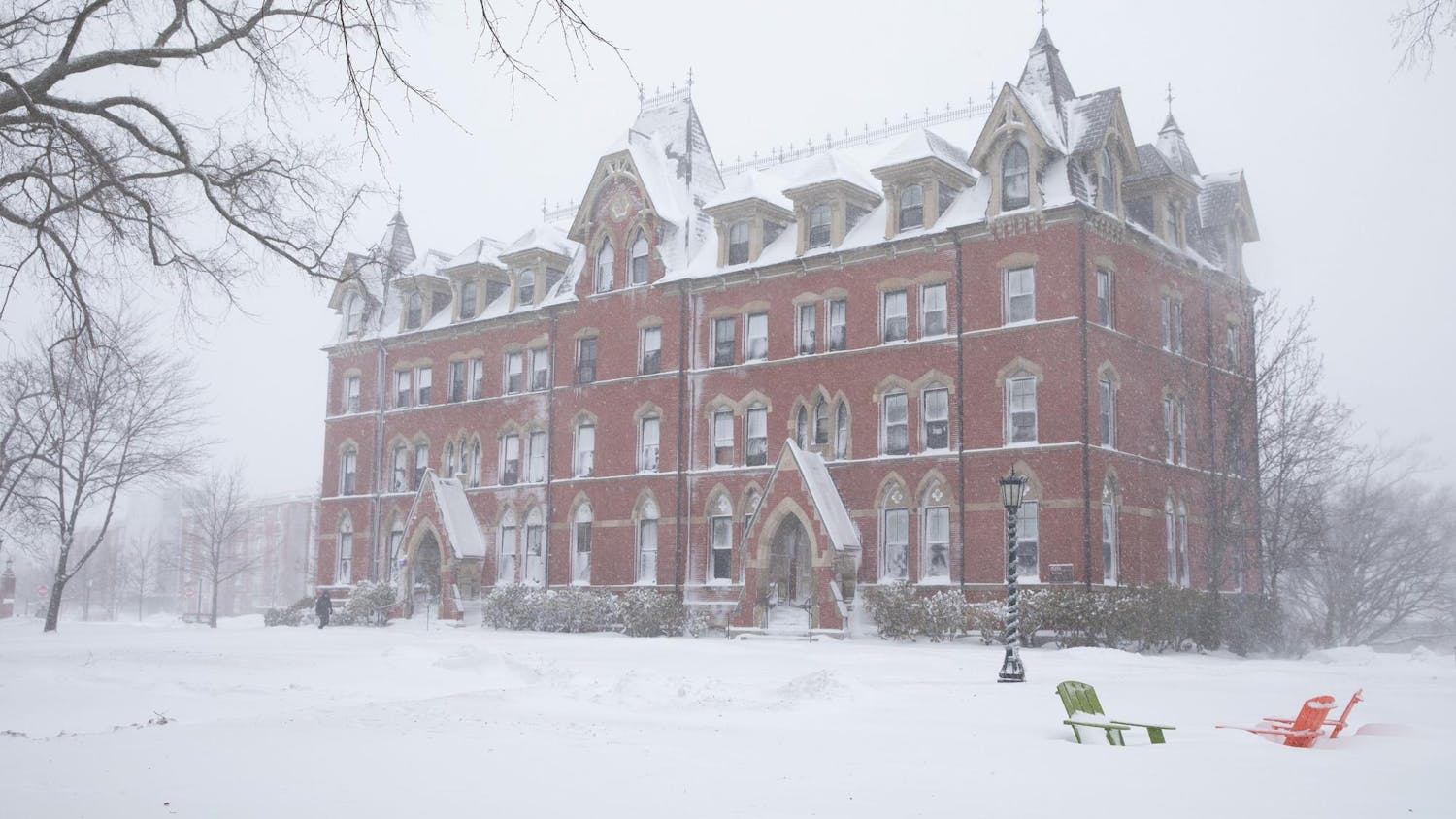The time has come to end legacy admissions at Tufts. In November, the Tufts Community Union Senate passed a resolution calling on undergraduate admissions to remove questions on applications regarding whether applicants have a familial connection to the university, whether to current students, alumni or faculty. Last month, the faculty senate passed a similar resolution to end legacy consideration in the admissions process at all levels of the university. Additionally, this past year, The Fletcher School as well as Tufts University removed questions about legacy status from their applications. Graduate school applications for the School of Arts and Sciences and the School of Engineering also do not ask about legacy status. Given this support by students, faculty and administrators alike, Tufts should move to end legacy consideration in admissions at all levels of the university.
Legacy admissions began in the early 20th century as a nativist practice to preserve acceptances among white, wealthy and Protestant applicants and to continue to benefit similar demographics today — legacy students at elite universities are significantly more likely to be white and wealthy.
Legacy status has been estimated to double or quadruple a student’s chances of being admitted, though many schools, including Tufts, do not make the exact numbers available. A lawsuit against Harvard University, for example, has laid bare the inner workings of admissions at elite schools, and a recent study using data made available from the case not only found that recruited athletes, legacies, dean’s interest list students, and children of faculty and staff (ALDCs) are disproportionately white and wealthy relative to the overall applicant pool but also estimated that about 75% of white ALDC admits would have been rejected had they not been part of this privileged cohort.
By not removing legacy consideration, Tufts upholds admissions practices that compound privilege and disproportionately benefit white students. This impact directly counters Tufts’ mission in becoming an anti-racist institution. Tufts considers the initiative “a pledge to find and eradicate any structural racism at Tufts,” but with legacy admissions debates notably left out of the compositional diversity workstream, Tufts won’t find answers to questions it isn’t asking. Ending legacy consideration is an easy reform for college admissions and one that would greatly advance the university’s mission as an anti-racist instution.
According to Patrick Collins, Tufts' executive director of media relations, “No single factor determines an admissions decision. We do not reserve seats for applicants with family ties to Tufts. And, importantly, no student is admitted to Tufts because they have a family connection to the university.”
Tufts claims that its consideration of legacy status does not necessarily “perpetuate privilege” because its definition of legacy also includes an applicant’s siblings, but given that the university has stated that it prioritizes parental connection, it’s questionable how much this operationalized definition of legacy does to mitigate issues of generational wealth and privilege.
In 2010, Susan Ardizzoni, then director of undergraduate admissions, said that they look “very closely” at students with parental legacy connections, given that alumni often “continue the tradition of support of the university.” We are not saying that students with a familial connection to Tufts won’t feel a sense of familiarity with the university and thus have more of a desire to apply, but this commitment to Tufts that admissions officers often look for is impossible to disentangle from the compounding privileges of wealth and whiteness that legacy admits often hold.
University administrators across the nation often argue in defense of legacy admissions by citing fundraising concerns; however, evidence suggests that this concern may be unfounded. One study found no statistically significant association between total alumni donations and legacy admissions policies. At Johns Hopkins University, for example, which first began phasing out legacy preference in 2014, the number of Pell Grant-eligible first-years more than doubled over 10 years, diversity increased and the school didn’t bear any apparent major financial hardship.
Importantly, this summer, Tufts Admissions will conduct a study regarding legacy preference, as requested by Deans James Glaser and Kyongbum Lee. “The study will gather data … and provide a better understanding of the implications of legacy in admissions at Tufts and how to address the policy moving forward,” Collins wrote in an email to the Daily.
Many individual legacy students are certainly worthy of admission, but ending legacy preference is about the structures of power and privilege implicit in the admissions process.We have previously expressed support for the reform of admissions practice regarding need-blind admissions and test-optional policies, and abolishing legacy consideration should be only one step in a move towards more equitable admissions.
Tufts must prioritize transparency and communication in its review of legacy admissions this summer. Further, the university should account for the broad support by student and faculty governance and its commitment to becoming an anti-racist university and move to end the practice.





